Edexcel Extended Project Qualification (EPQ)
Introducing a new opportunity to our Year 11 and 12 students

David Lewis (Principal) and EPQ Tutor (Year 11) and Tutor Assessor (Dissertation)
This summer our Year 11s were very disappointed not to be able to show their knowledge, skills and understanding by taking their IGCSE exams. By the time the cancellation of exams had been announced, many of them had already undertaken months of revision in preparation.
Keen to make use of their willingness to prove themselves, we introduced the Edexcel Extended Project Qualification (EPQ). In its original format, the EPQ has been around for over a decade but, in response to this summer’s unprecedented scenario, Edexcel introduced the EPQ Express. The qualification’s original goal was to prepare A Level students for the way they would need to work at undergraduate level, but Edexcel believe that the qualification is also a good preparation for A Levels.
Usually, the qualification, which counts as half an A Level and accrues up to 28 UCAS points, takes a year to complete but the Express version is intended to be completed over a period of three months, perfect for our Year 11s to finish before starting their A level studies. Students have the opportunity to undertake project based work within one of four components; dissertation, investigation, artefact or performance. The final part of their project is delivering a presentation on their chosen topic and the project management process.
Many schools would have been concerned about introducing a Level 3 qualification to students who have only just completed their IGCSEs, but our current Year 11 students have been exceptional throughout their time at TLC and we had high hopes for them and knew they could rise to the challenge.
The course has proved demanding with several strong students noting their concerns whether they would be up to the task. The mode of teaching and learning changed and students were expected to develop more skills rather than gain knowledge, they needed to be able to project manage and meet challenging targets on a weekly basis.
Our confidence in them has been repaid many times over as the students impressed us day after day with their willingness to overcome the challenges set for them. All have been a pleasure to work with and Mrs Lewis and I have thoroughly enjoyed our time as Year 11 EPQ Tutors this term. Thank you Year 11.
Meet the Tutors

Catherine Lewis – EPQ Tutor (Year 11) and Tutor Assessor (Dissertation)
Some of you may remember me as the person you first met when visiting TLC in my role responsible for new admissions. As well as supporting students into our school, I also support those approaching the end of their education with us in Year 13 as they apply to universities and write personal statements, as well as facilitating work experience placements for our Year 11 students.
When one of our students approached us asking if we could offer the Extended Project Qualification (EPQ) having heard of students in the UK being offered this opportunity as a result of not being able to sit examinations, we agreed to look into it. In my role as careers counsellor, I immediately saw the benefits this course provided to students about to embark on A Level courses and those intending to take up a place at university.
As a qualified teacher, and with some spare capacity due to being unable to meet with prospective families during the period of school closure, I was pleased to step back into the classroom, or should I say enter the virtual learning environment.
I have thoroughly enjoyed working with our Year 11 students this term and other Tutors on the programme.
The EPQ prepares students to become independent learners. This is achieved by introducing them to project management and providing them with an opportunity to identify their own research question or project brief, taking ownership of what they study and their own learning. The course promotes critical thinking and analysis and introduces students to argument, counter argument and ethics. Through their chosen research area, students demonstrate these skills when examining a topic from different perspectives.
The EPQ is designed to extend learners in new forms of learning and requires perseverance and resilience. As a Tutor and Tutor Assessor on the programme I, along with my colleagues, have undergone remote training with Pearsons Edexcel in London. As Dr John Taylor, Chief Examiner of the qualification acknowledged in a recent training event, “Examinations are a mode of learning that mostly seeks ‘right answers’. Outside examination halls life is full of challenging open ended questions”. The EPQ undoubtedly prepares students for the next stage of their educational journey and introduces them to the skills needed in later life.
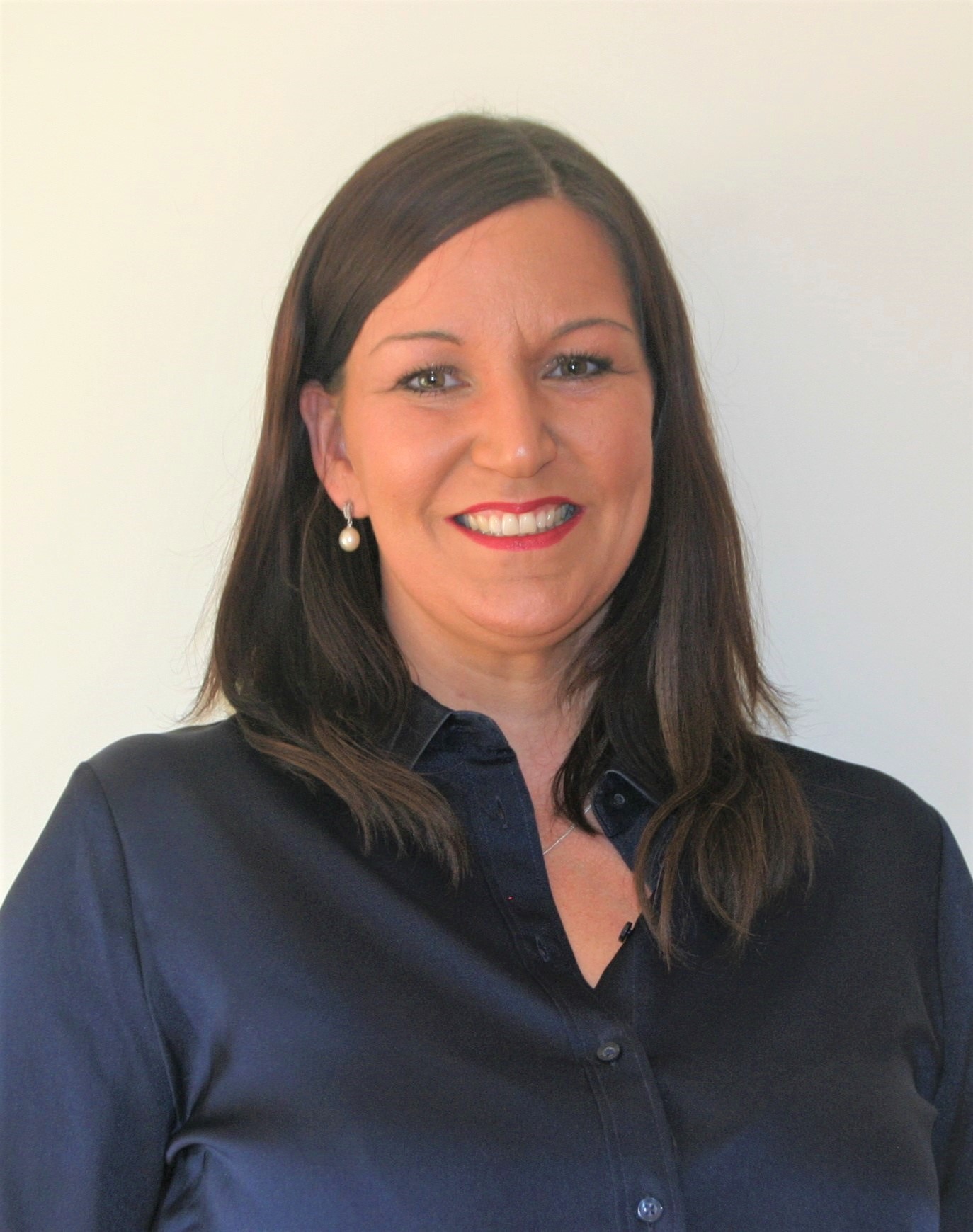
Angela Kelleher – EPQ Tutor Assessor (Artefact)
I was absolutely delighted when I heard that TLC was introducing the Extended Project Qualification. A former colleague of mine had been a Tutor Assessor when we worked at a British international school in Malaysia (which had a strong inquiry based learning approach). She explained how the qualification bolstered students’ university applications by providing a route for them to channel their own personal interests whilst developing skills in research and academic writing, as well as opportunities for ‘real world’ exploration.
After the students’ exhibition and presentations evening where they showcased their achievements I had so many questions for her particularly about the Artefact route and how closely related it was to my own subjects.
Anna, had worked at an international baccalaureate school in Thailand and had such a wealth of knowledge, she told me, “you should try teaching in the IB system if you love this so much!’ So I did!
At my first IB school in the US I was indoctrinated into a system that encouraged student led work in all aspects of the curriculum and community service. I supported students who were completing the Personal Project and began teaching my own subject as extended projects. Even students in Year 7 were expected to research, structure and reference some of their findings. After four years I became an Examiner for ‘MYP Design (Digital and Product Design)’ and for the ‘MYP Personal Project’ which is their equivalent to the EPQ. Six years later the International Baccalaureate Organisation enlisted me to ‘The Standardisation Team’ where I’ve been working alongside the Head of Projects for all IB subjects. We look at the submissions for each year and select the best ones to train Examiners for that session and decide the requirements for what the grades look like for each level.
After experiencing teaching in different international settings and networking with teachers from other countries such as the US, Canada, Australia and New Zealand, I learnt a lot about the other curriculums and educational backgrounds that our students at TLC will be competing against as they make their university applications. Educators in the IB system have been known to boast about how well an IB student ‘breezes’ through the first year of university in comparison to students who are not familiar with academic writing, research referencing and citing methods and generally having ownership over the direction of their own learning. This is why the EPQ provides an additional selling point for our students in such a competitive world as it provides an equivalent to underpin our students’ fantastic achievements.
My motivation for being an EPQ Artefact Tutor Assessor lies in empowering students to harvest their knowledge and develop the skills they need to follow their own passions. It is an incredibly rewarding feeling to see how proud the students are at the end of that learning journey when they have created a product or artefact that really connects with their identity. This marks the beginning of a lifelong learning journey where a student becomes confident to explore the world having developed skills of enquiry and academic writing. I can’t wait to see the outcome of our amazing students this year! Go TLC you’ve got this!!

Alexandra Neill – EPQ Tutor Assessor (Dissertation)
Perhaps the largest leap our students make is that from Year 11 to Year 12, the demands of A Level are tremendous and consistently come as a shock to students emerging from IGCSE.
As an EPQ Tutor Assessor, I can see that the transition for this year’s Year 11 group will be decidedly smoother. Already they have achieved significant developments in their analytical skills, research skills, time management and all round maturity.
As the Form Tutor for Year 11 this year, they are a year group for whom I have a particular affection and I am very proud that they have chosen to respond to this difficult time with a fighting spirit and embrace this opportunity to develop new skills, embrace their particular passions and develop a responsibility for their learning which will serve them very well in the years to follow.
As an A Level teacher, I am excited to see my Literature students begin Year 12 so well prepared for the rigors of sixth form.

Clare Hurrell – EPQ Tutor Assessor (Performance)
As an EPQ Tutor it has been a pleasure to watch our pupils grow and learn over the past term. The EPQ qualification is similar to writing a graduate dissertation and with that comes a lot of maturity to write in a particular style. All our pupils have taken this task within their stride and are beginning to produce some very informative and interesting pieces of work. Some of the project ideas that have been spoken about are also very deep and meaningful and many of them connect to current global issues and situations. Marking work to this calibre has been a pleasure and it has also been nice for us as tutors to go back to the ‘classroom’ and re-evaluate the way we teach, tutor and assess.
I am looking forward to watching these projects develop over the summer and into September and seeing our pupils’ passion for learning blossom as they do so.
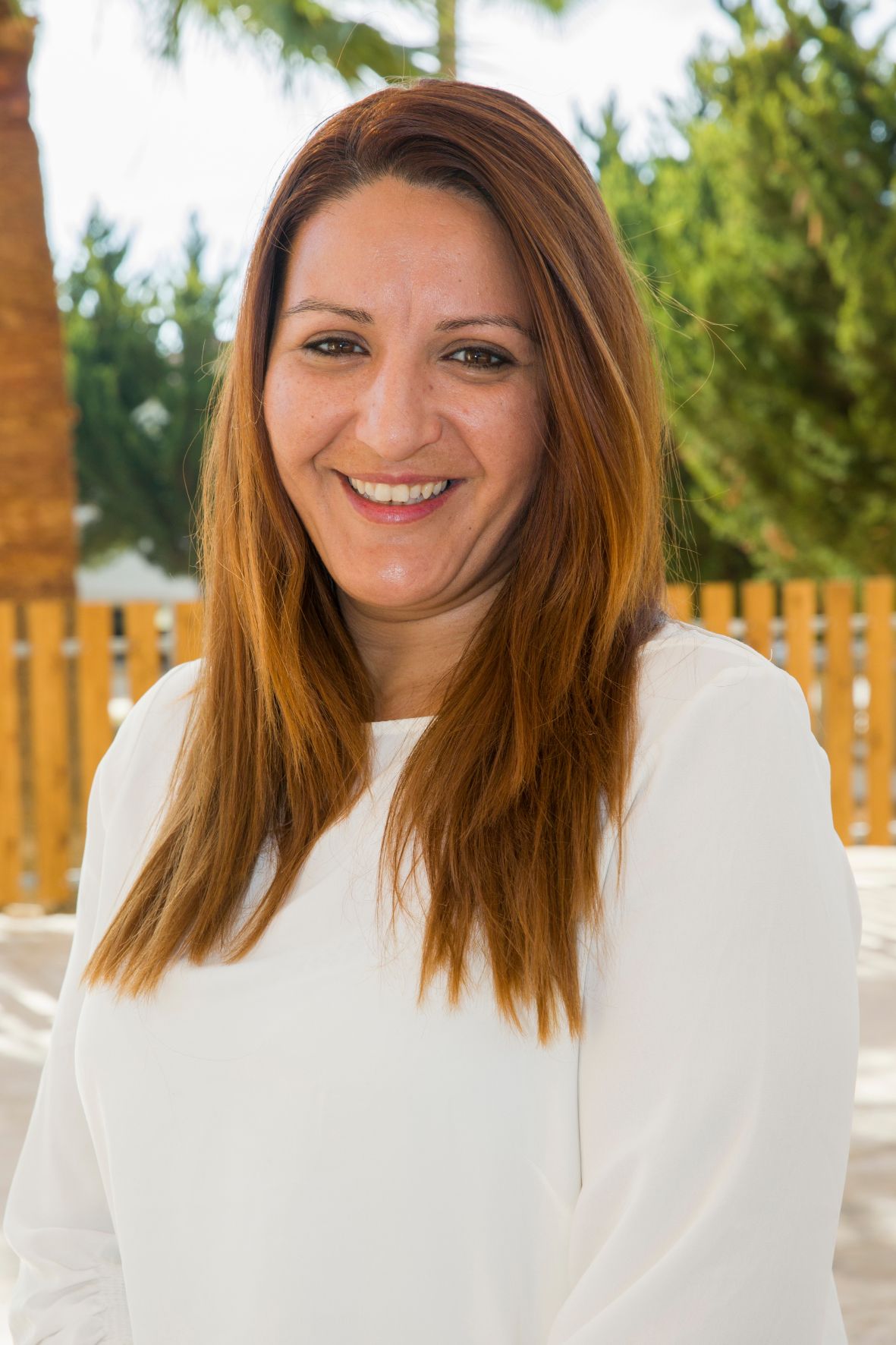
Valentina Christodoulou – EPQ Tutor (Year 12)
The EPQ has been a challenging but very rewarding experience for us all. The EPQ not only offers our students but us, the tutors, the opportunity to learn and develop through the process and acquire new knowledge relating to the student’s area of interest.
It’s been an absolute pleasure teaching the Year 12s the EPQ this term as they are such intelligent and unique individuals who have worked diligently throughout the term. They’ve demonstrated a positive attitude throughout the programme and have worked well as a group. They’ve excelled at applying what they’ve learnt from tutor led sessions to their work and it’s been a pleasure working with such enthusiastic, positive and mature students.
With the EPQ, the year 12s have had the opportunity to enhance their personal skills as well as their learning and thinking processes. It has been a great experience for us all and I believe our students are very fortunate to have been given such an opportunity.
What our students have to say

Louis Lobanov (Year 11) – Dissertation
Research question1: How the holographic principle can solve the black hole information paradox
Research question 2: To what extent do we have the free will to control our actions?
The EPQ has been an extremely rewarding programme, I have adored working on deep research projects and absolutely love the independence and organisation of this programme as well as the amazing tutors helping us.
The skills I have gained in the EPQ will help me further in life as it trains you to research, to think carefully about your sources, use search engines, use formal language and format a paper in a similar style as we will in university. It makes the student gain a deeper knowledge of a subject they want to learn as well as provides proof that the student is willing to invest their own time in the subject area. It really provides great skills for life and an opportunity to shine.
I want to thank the team for an amazing experience in keeping us busy and excited in this uncertain time.
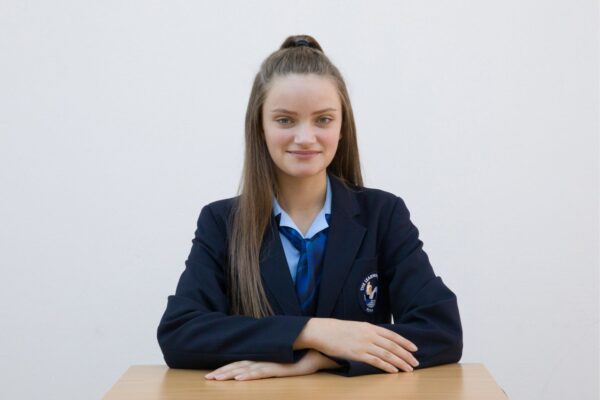
Lydia Wells (Year 11) – Dissertation
Research question: To what extent does the fast fashion industry impact females working in Bangladesh?
As we have been unable to sit our IGCSE exams, it is a relief to know that we will have the EPQ Express as an extra qualification that can be used in the future. I have thoroughly enjoyed the EPQ process so far and cannot wait to see my dissertation when it is completed. The programme has been challenging but also very informative and I have really enjoyed learning about the processes you have to take in order to write a strong dissertation.
Whilst doing the EPQ I have learnt so many new skills, these include; finding reliable sources online, learning how to write in an academic style, how to produce a bibliography and how to write a structured dissertation. I feel it has been a really beneficial experience and the skills I have learnt will be very helpful in the upcoming years when I take my A Levels and through to university. I have loved the different approach to learning and I am so glad I have had the chance to partake in the EPQ.
I would definitely recommend the EPQ to any student. It has given me so many new skills and is an amazing qualification to have.
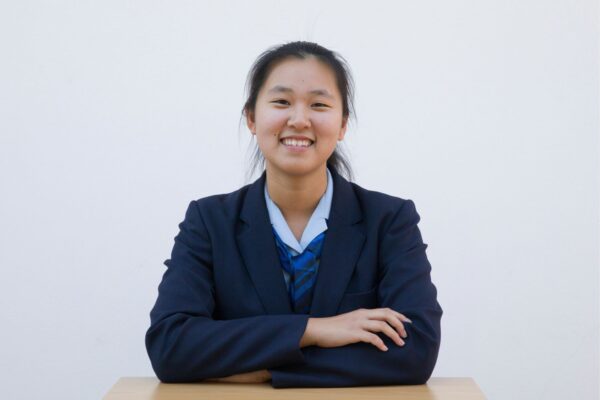
Annie Lin (Year 11) – Dissertation
Research question: To what extent are the differences in people’s perception a result of the differences in language structures?
The EPQ was something very new to me. I chose the route of dissertation, which is something I’ve not had experience of before. It was a real challenge; from collecting source materials to writing the literature review and discussion, but the good thing is that we were guided through it and were supported by teachers at every stage of the process, making writing the dissertation a lot more accessible.
With the EPQ it requires a lot of wider reading on a topic, thinking from different perspectives on an issue, and we were taught how to present arguments and apply our critical thinking. The level of writing we did in preparation for our main EPQ was a lot higher than what I was used to at IGCSE level and by doing the EPQ I have found my A levels, especially English Literature, less intimidating in terms of the amount and depth of analysis that is expected of us, both in class and independently.
The process is hard, it can be frustrating at times, but it is worth the effort you put in. I feel the satisfaction I’ve gained when I have completed each stage of the process has been incomparable to anything I’ve done before.
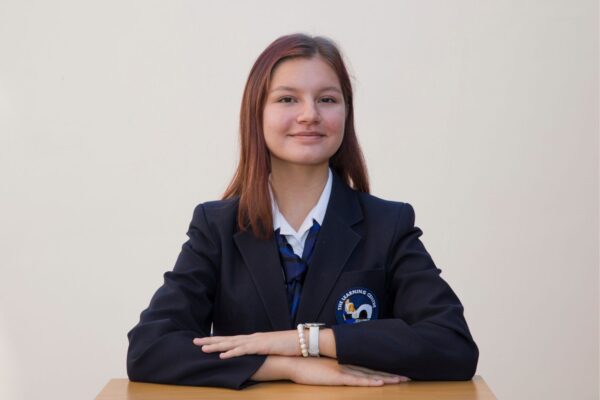
Nelli Mugattarova (Year 12) – Artefact
Project Brief: Create a Witcher saga themed computer game in the style of Microsoft Treasure Hunt
I had a project in mind for a while. Through the EPQ, I’ve discovered organisational techniques and development structures.
It came back to me that there are multiple development workflows and although the EPQ is a traditional one – it still performs its function, that is, guides the student through the thinking and doing process.
I am still in the early development stage of my project, but I am confident enough to say that the EPQ has helped me realise my own skills and the extent of those skills.
I have really enjoyed the ethics lessons as they give a platform to share my thoughts and apply logic in a way that no other lesson asks.
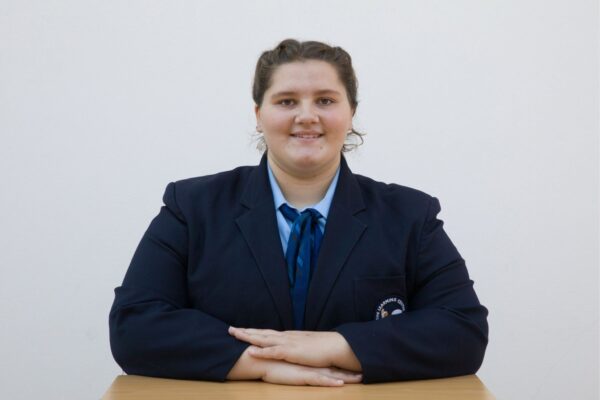
Georgia Bell (Year 11) – Dissertation
Research Question: To what extent does a child with Down syndrome benefit from a mainstream education?
At the start I really didn’t know how it was going to be. When we began working on our mini EPQ projects I found that there were some things I was good at and other things I needed to improve on. The EPQ is very different from studying IGCSEs and the benefit is that you get to choose whatever you want to study instead of being limited.
Doing my EPQ and undertaking research into bullying (for my mini project) and education (my main project) has helped me realise how much I want to work with children. The skills I’ve learned will help me massively in the future.
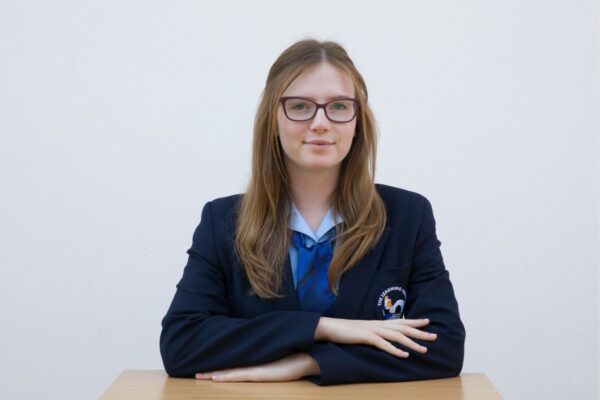
Elicia Bryans (Year 11) – Dissertation
Research Question: To what extent is depression a result of learned behaviour?
I have experienced many different things during this programme including; debates and presenting which I have found very interesting and extremely beneficial.
The skills I’ve gained have included how to plan, structure, take notes and write a project proposal form. These skills will help a lot in the future especially at college.
I think the EPQ course in an amazing opportunity and when given the option it would be good to take as it gives you many different experiences and teaches you things that will come in handy one day.
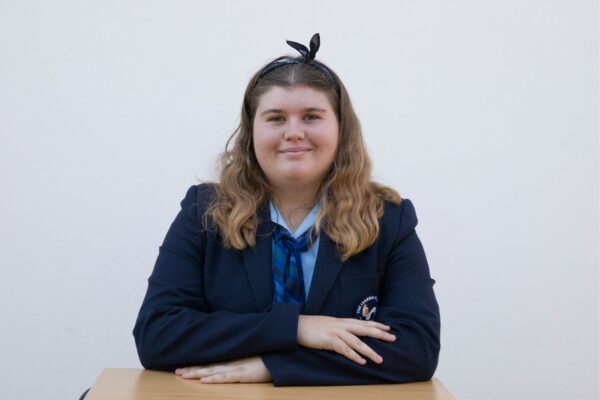
Jess Evans (Year 11) – Artefact
Project Brief: Developing an educational website about creating a clear narrative in video game design
So far I’ve enjoyed the EPQ a lot. I’ve felt a sense of pride having to undertake research based on a topic that I am passionate about and have confident knowledge of, yet still holding a place outside my comfort zone. In short, it’s felt challenging and I hope that I continue to improve myself.
Simply by doing my own independent research I’m getting a feel for what it is like to analyse a topic to a deep extent.
